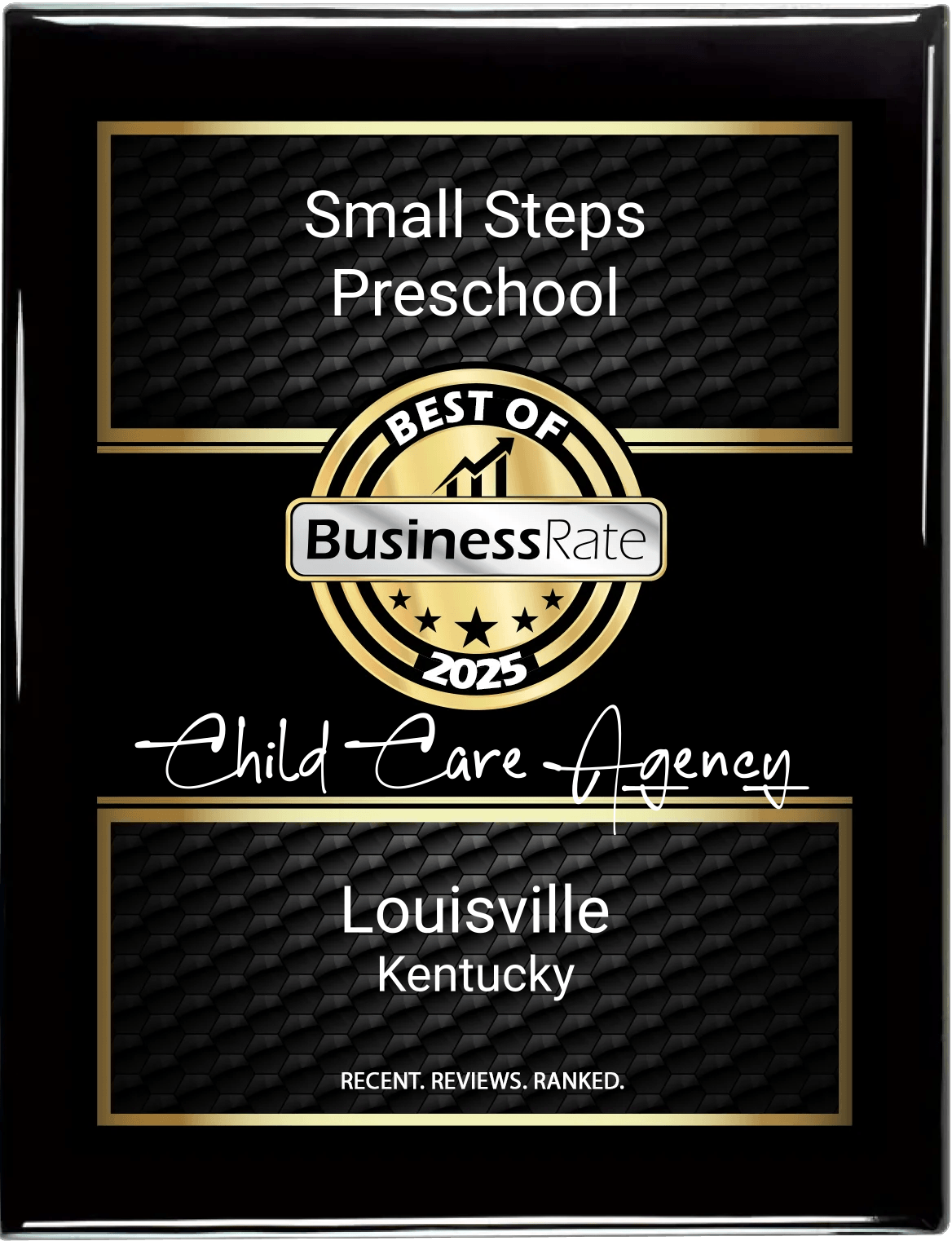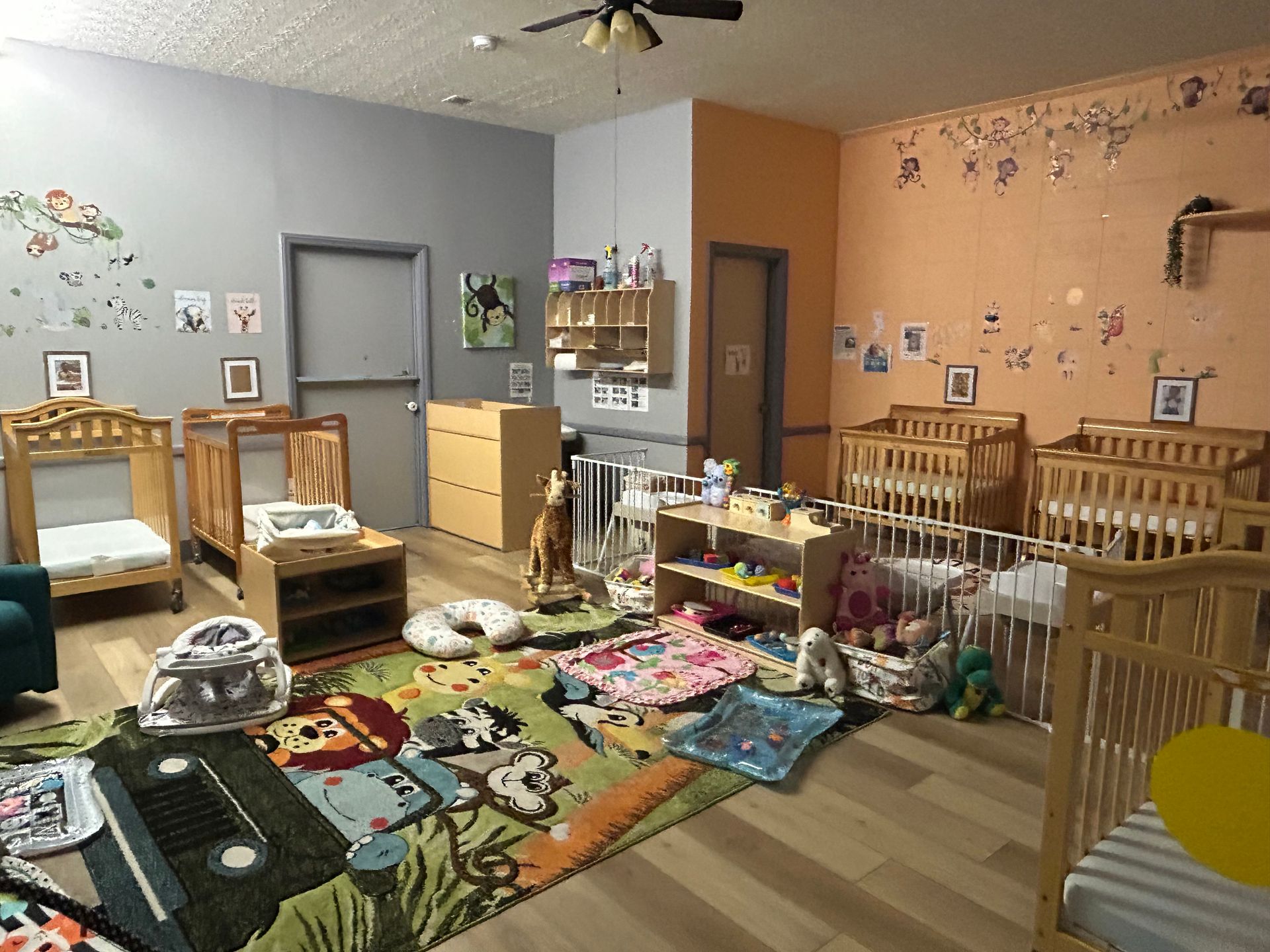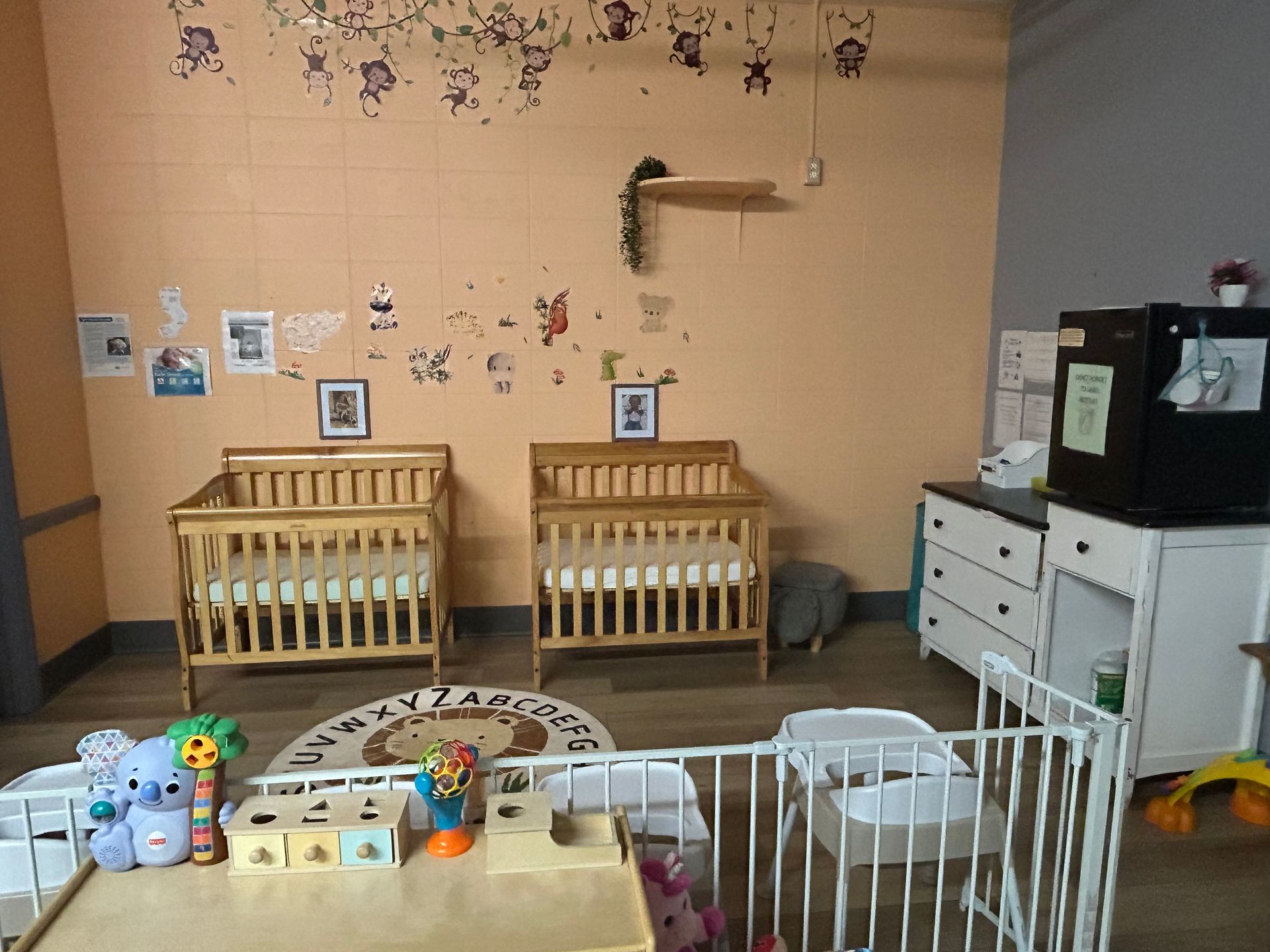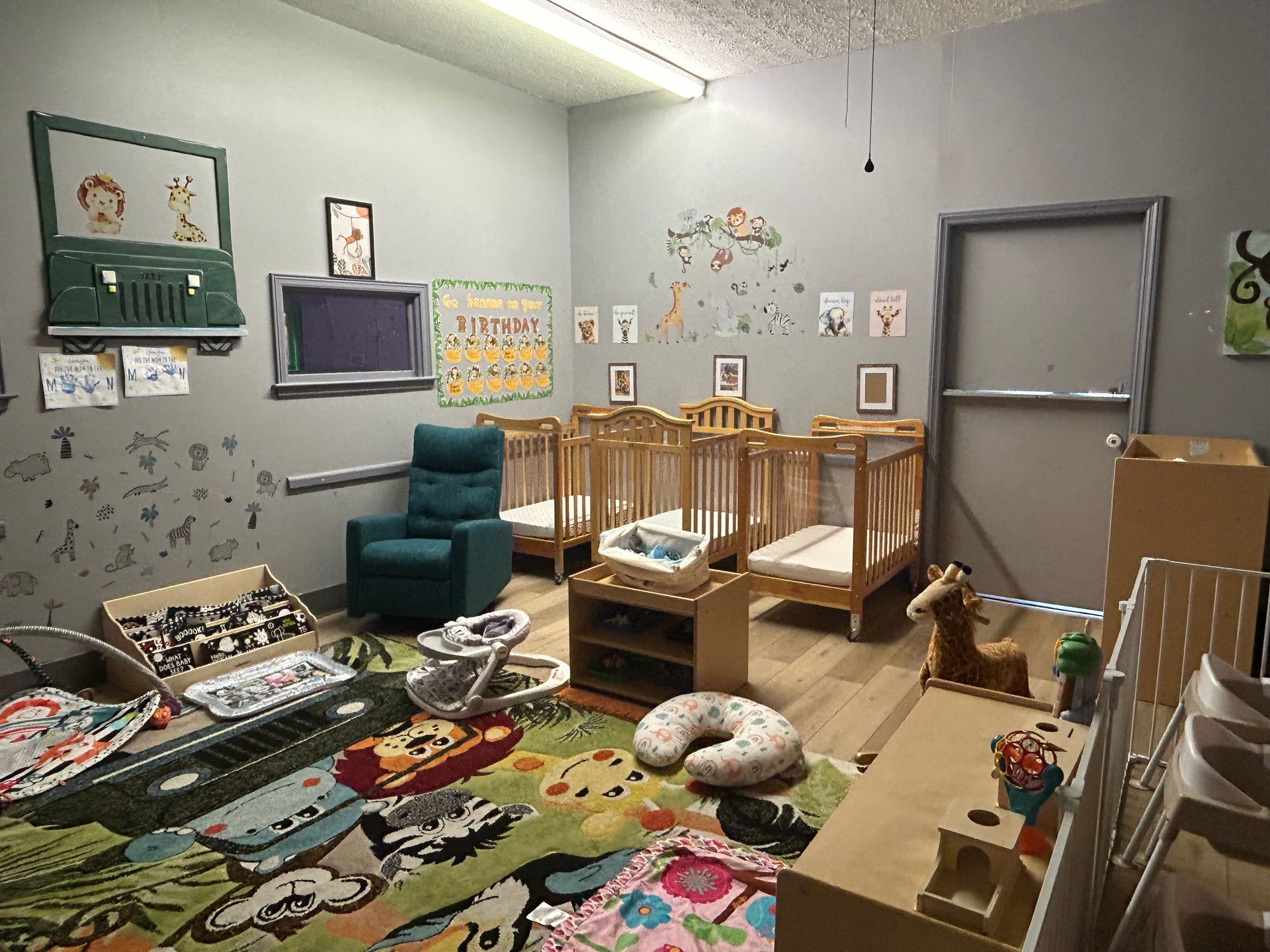The Importance of Choosing a Preschool Center With Qualified Educators
Choosing the right preschool center is one of the most important decisions a parent can make. Early childhood is a critical time for growth, learning, and social development, and the quality of education children receive during these years has a lasting impact. With so many preschools available, it can be overwhelming to determine which environment will best support your child. While facilities, curriculum, and play areas are important, the qualifications of educators are what truly define a preschool’s quality. Skilled, knowledgeable teachers provide the guidance, structure, and care necessary for children to thrive.
According to the First Five Years Fund, there are 321,183 children under the age of five in Kentucky alone. With so many young learners, the need for qualified educators in preschool centers is critical. Parents need assurance that their child will be nurtured and challenged by teachers who understand early childhood development, classroom management, and age-appropriate teaching strategies. Selecting a preschool center with highly trained educators sets a strong foundation for academic, social, and emotional growth.
In addition to credentials, parents should look for educators who are passionate, empathetic, and patient. A teacher who genuinely enjoys working with children can make a world of difference in a child’s early experiences. Observing how educators interact with students during visits to prospective preschool centers can reveal much about the learning environment. Are teachers engaging warmly with children? Do they guide play and learning rather than merely supervising? These subtle observations provide insight into the quality of care and attention your child will receive.
Understanding Educator Educational Qualifications
Educational qualifications are more than just letters after a name—they represent the knowledge and training that enable educators to teach effectively. Teachers with degrees in early childhood education or related fields are equipped with the skills to support cognitive, emotional, and social development. Additional certifications in areas like special education or child development can enhance a teacher’s ability to meet diverse learning needs.
Parents can feel confident knowing that the staff at a preschool center possesses the expertise required to provide high-quality education. Credentials such as the Child Development Associate (CDA) certification demonstrate professional commitment and provide tangible evidence of competence, helping parents distinguish reputable preschools from less prepared options. Some preschool centers also require a background in first aid, CPR, and child safety protocols, which further ensures a secure learning environment.
Understanding these qualifications helps parents make informed decisions. A well-trained educator can identify developmental delays or learning challenges early, providing interventions or guidance that can make a long-term difference. By investing time in researching and asking about teacher qualifications, parents are making an investment in their child’s future.
Recognizing the Role of Continuing Education and Professional Development
Education does not end with a degree. Ongoing professional development ensures that teachers remain up to date with the latest research, teaching strategies, and educational innovations. Workshops, seminars, and courses allow educators to learn new techniques, integrate technology, and refine classroom practices.
A preschool center that invests in staff training signals a dedication to excellence and adaptability, qualities that directly benefit children. For example, teachers trained in mindfulness techniques or social-emotional learning strategies can help children develop self-regulation skills and resilience early on. Continuing education also ensures that teachers are prepared to meet the needs of children with learning differences, bilingual learners, or those with sensory sensitivities.
Parents can inquire about professional development opportunities at a preschool center during tours or interviews. Centers that prioritize ongoing learning for educators often provide more dynamic, engaging, and effective educational experiences, which directly contribute to better outcomes for children.
Highlighting the Impact of Educator Qualifications on Child Development
Qualified educators significantly influence all aspects of a child’s development. Cognitive skills are nurtured through activities that encourage problem-solving, critical thinking, and creativity. Social and emotional growth is supported as teachers guide children in communication, empathy, and collaboration.
Language and literacy flourish under educators trained in early childhood strategies, while motor skills are strengthened through age-appropriate physical activities. Children in preschool centers with skilled teachers often exhibit enhanced cognitive abilities, emotional regulation, and social competence. For instance, a child guided by a teacher who understands scaffolding techniques may be better able to approach complex tasks independently and confidently.
The benefits extend beyond the classroom. Children learn routines, respect, and coping mechanisms that carry into home life and later school years. By recognizing each child’s strengths and areas for growth, qualified educators can tailor experiences that maximize development, laying a solid foundation for lifelong learning.
Ensuring Effective Curriculum and Learning Environments
A preschool’s curriculum is only as effective as the teachers implementing it. Qualified educators design lessons that are developmentally appropriate, engaging, and tailored to children’s unique learning styles. Play-based learning, for example, encourages exploration, creativity, and concept mastery in a natural, enjoyable way.
Observations and assessments allow teachers to adjust instruction to meet individual needs, ensuring no child falls behind. Skilled educators also cultivate a safe, structured, and inclusive classroom environment, where children feel secure and supported. Classroom setups that allow for cooperative play, quiet reflection, and hands-on exploration ensure that every child can find a space that suits their learning style.
Additionally, a thoughtful curriculum incorporates real-world learning experiences, such as gardening, simple science experiments, and cultural awareness activities. These experiences foster curiosity, problem-solving, and social understanding. By balancing challenge and support, preschool centers provide children with the tools to succeed academically, socially, and emotionally.
Promoting Parental Engagement and Communication
Parents are essential partners in their child’s early education. Qualified educators establish trust-based relationships through transparent communication, regular updates, and collaborative planning. Progress reports, parent-teacher meetings, and accessible communication channels help parents stay informed and engaged.
Many preschool centers encourage parents to participate in activities, events, or at-home projects, creating continuity between school and home. This involvement allows parents to reinforce learning, support skill development, and strengthen their child’s confidence. Moreover, ongoing communication enables educators and parents to address challenges early, whether they involve learning difficulties, behavioral concerns, or social-emotional needs.
Strong collaboration between educators and parents creates a holistic support system. When families feel welcomed and informed, children are more likely to thrive. Parents can also ask for guidance on fostering independence, routines, or healthy social habits at home, further extending the benefits of quality early education.
Identifying the Long-Term Benefits of Choosing Qualified Educators
The long-term benefits of placing a child in a preschool center with qualified educators are extensive. Children enter elementary school better prepared academically, socially, and emotionally. They develop strong social skills, self-confidence, and resilience, and they approach learning with curiosity and enthusiasm.
Exposure to high-quality early education fosters positive learning attitudes and a sense of achievement. Children learn to collaborate, navigate challenges, and explore new concepts independently. These skills lay the foundation for lifelong success, both academically and personally. The guidance and expertise of skilled educators also help children build habits of focus, persistence, and self-regulation, which are critical in future educational settings.
For parents, the reassurance that their child is in a safe, nurturing, and stimulating environment is invaluable. Choosing a preschool center with qualified educators is not just about short-term readiness—it is an investment in the child’s long-term well-being, confidence, and love of learning. The skills, habits, and dispositions children develop during these early years profoundly influence their future academic performance and personal growth. Ultimately, selecting a preschool center with highly trained, compassionate educators ensures children have the support, guidance, and opportunities they need to reach their full potential. For parents seeking a preschool that prioritizes both excellence and care, Small Steps Preschool offers a trusted, supportive choice that equips children for a lifetime of success.






Share On: